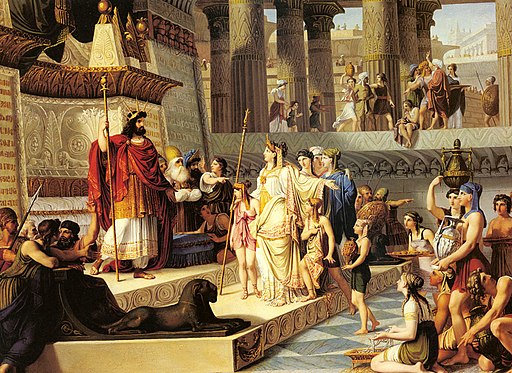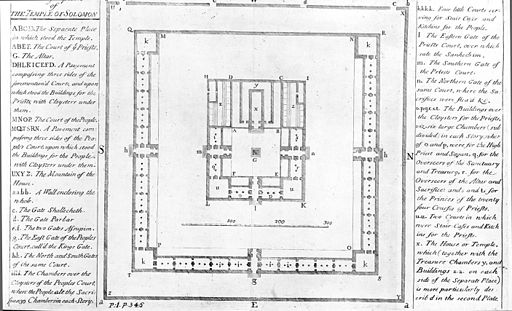4 And Jehoshaphat said to the king of Israel, “Inquire first for the word of the Lord.” 5 Then the king of Israel gathered the prophets together, four hundred men, and said to them, “Shall we go to battle against Ramoth-gilead, or shall I refrain?” And they said, “Go up, for God will give it into the hand of the king.” 6 But Jehoshaphat said, “Is there not here another prophet of the Lord of whom we may inquire?” 7 And the king of Israel said to Jehoshaphat, “There is yet one man by whom we may inquire of the Lord, Micaiah the son of Imlah; but I hate him, for he never prophesies good concerning me, but always evil.” And Jehoshaphat said, “Let not the king say so.” 8 Then the king of Israel summoned an officer and said, “Bring quickly Micaiah the son of Imlah.”—2 Chronicles 18:4-8, ESVLater in this chapter, Micaiah prophesies unfavorably regarding Ahab and the proposed war, but rather than humbling himself, Ahab does not listen. Instead, Ahab’s servant strikes Micaiah. Ahab’s pride ultimately led to his death in battle by means an archer “randomly” shooting an arrow in the air which struck Ahab between the plates of his armor.
There are those Christians who only want truthful counsel from others as long as it is what they want to hear. They find themselves lacking support and encouragement from others regarding their plans. They feel like everyone is against them. If this describes us, we must quickly humble ourselves and consider the counsel of our friends, especially if these friends seriously follow Christ. There may be a good reason why everyone is against us, because God may really be against us.
Why should we do evil and expect a good result? Why should we rebel against God and expect blessing? God opposes the proud but gives grace to the humble (see 1 Peter 5:5). If we are the ones giving unfavorable, but truthful counsel, we must seek to understand our friends and the perspective they have. We must also stand firm in the truth and trust in the Lord, knowing that the most loving thing to do is to tell the biblical truth:
Better is open rebuke
Than love that is concealed.
Faithful are the wounds of a friend,
But deceitful are the kisses of an enemy.
—Proverbs 27:5-6, NASB



